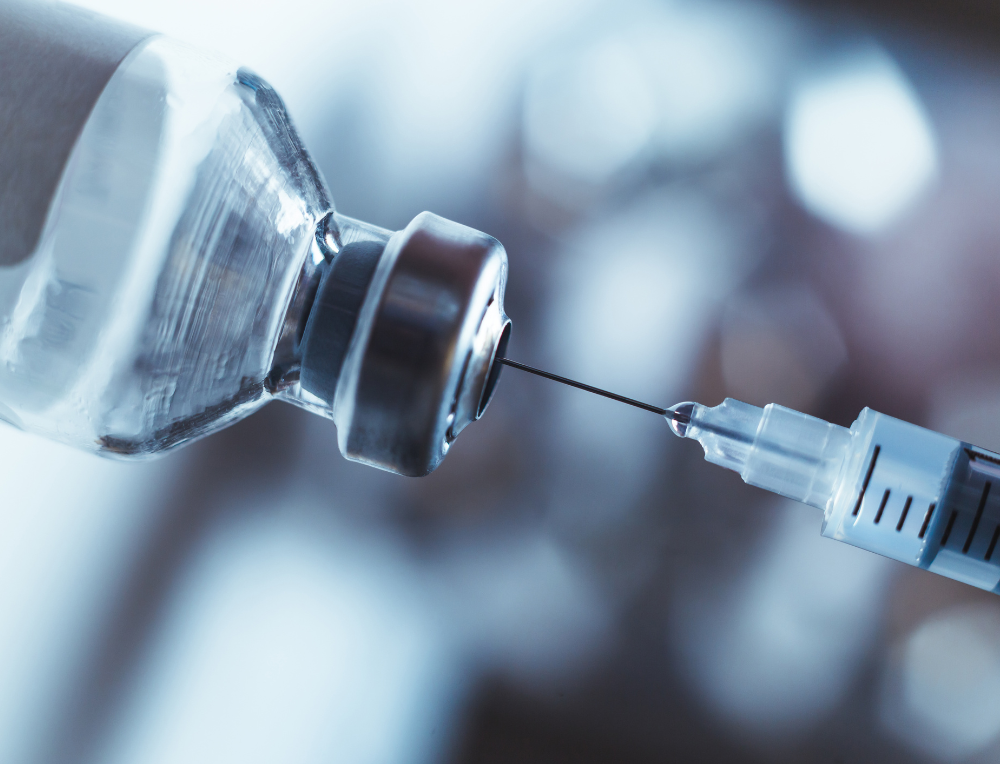Overcoming Barriers: Financing and Service Delivery for Vaccination in Fragile and Conflict-Affected States

Strikes: NHS hospitals prioritising urgent patients
http://www.bbc.co.uk/news/health-15947778
Nearly 7,000 out of just over 30,000 were thought to have been affected, while tens of thousands of appointments and tests were also hit across the UK. But emergency services were kept running as unions and managers agreed contingency plans ahead of the walkout. In London, a major incident was declared, with ambulance crews only responding to life-threatening calls. Deputy director of operations Jason Killens said: “We are now under severe pressure. “Londoners should only dial 999 for an ambulance if somebody’s life is in danger. “For example following a serious road traffic collision, if somebody has collapsed and stopped breathing, or if somebody has been stabbed or shot.” Other ambulance services reported they were under strain, but had not taken the step that London had. Under the agreement reached by unions, ambulance staff on the picket line remained on hand to answer 999 calls. The London problem appears to have been caused by a higher than expected demand – during peak times the service has been receiving a third more calls than normal.
‘Distressing’
Meanwhile, the disruption to non-emergency services had been widely anticipated – and ministers have promised that hospitals will be doing all they can to reschedule appointments as soon as possible. Health Secretary Andrew Lansley said the “inconvenience” caused was unavoidable because of the scale of the walkout. It is unclear yet how many staff have taken part in the strike.
Unions claim about 400,000 staff – a fifth of the workforce – are likely to have been involved, but the government believes it was lower than that.
Unison and Unite members took action and these include some nurses, healthcare assistants, admin staff, porters and cleaners. Radiographers, podiatrists and chiropodists were also on strike.
But the British Medical Association, Royal College of Nursing and Royal College of Midwives did not take part. Nonetheless, the scale of industrial action is likely to be greater than the disputes of the late 1980s when nurses and ambulance crews walked out.
Dean Royles, director of NHS Employers, said the NHS had coped well. But he added: “We should not lose sight of the fact that people have had their treatment delayed because of this strike. The delays will be distressing and deeply frustrating for those individuals affected. “The NHS will work hard to reschedule those appointments as quickly as possible. But some people may find this does not happen immediately.”